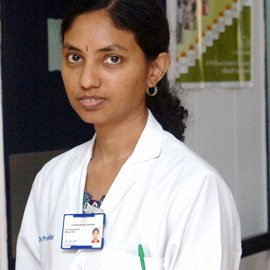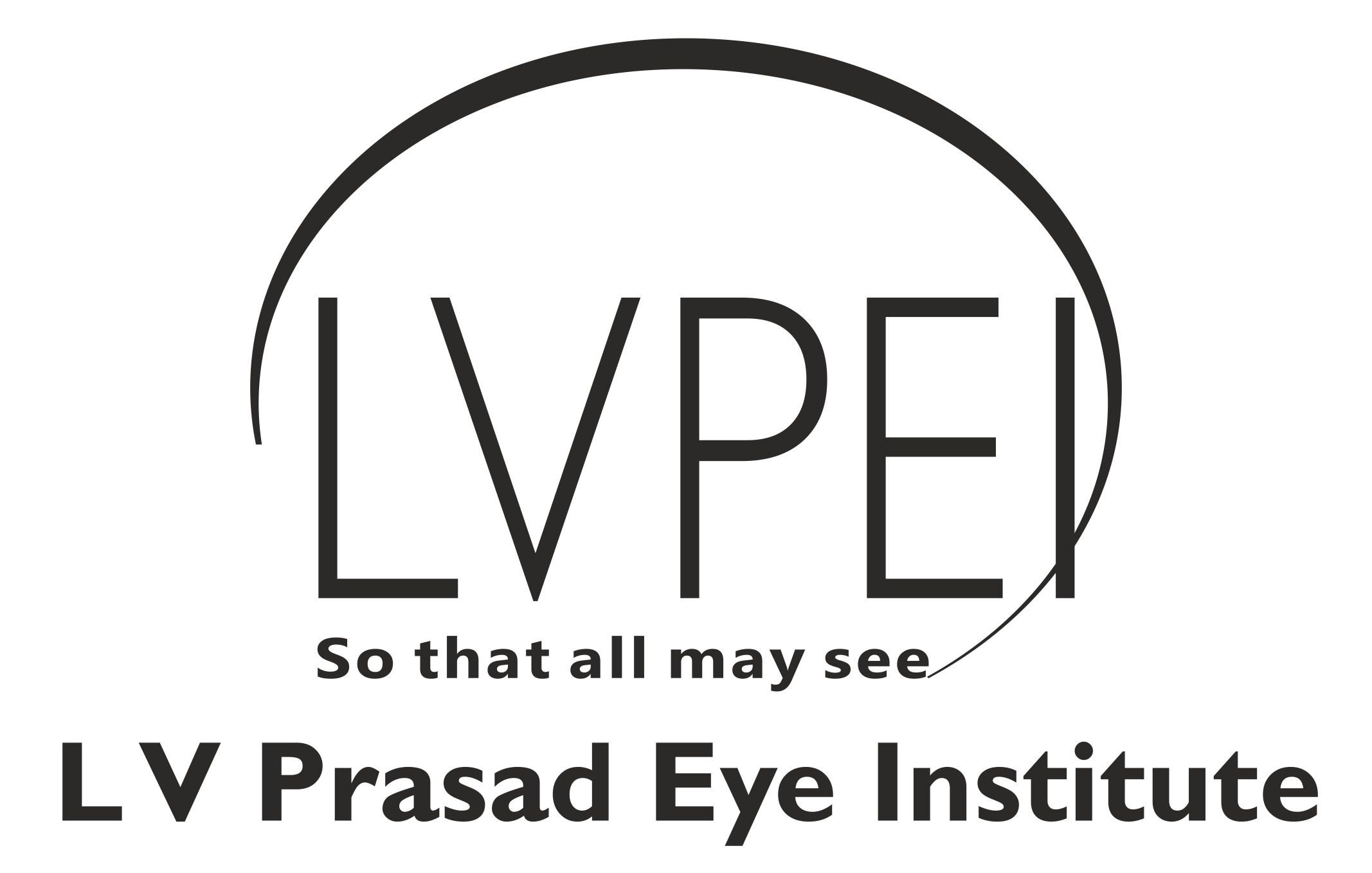
The eye is one of the most fascinating sensory organs of the human body. It can be easily compared to a camera as it is able to focus on objects at different distances, regardless of whether the object is stationary or moving. In fact, the eye is superior to a man-made camera because the focusing seems seamless with none of the artifacts of motion blur or distortion that is encountered with a camera. We see with our eye and brain and that’s what constitutes “vision”. Given that the eye is both a biological organ and also an optical system, there are several career options in eye care, some that are well established, and some that are emerging. Some of the career options are geared towards caring for patients with eye conditions. The different Eye Care professionals work together with a final goal of taking care of the eye health and ensuring good vision to their patients wherever possible.
Ophthalmologists: An Ophthalmologist specializes in the medical and surgical management of eye diseases
- In India only an Ophthalmologist is licensed to prescribe medicines and eye drops and surgically manage various ocular conditions.
- An Ophthalmologist can also prescribe spectacles.
- Within the Ophthalmology stream, there are several super-specialty streams that allow for specializing in different conditions such as retinal diseases or corneal conditions etc.
Qualification: MBBS + 2-3 years. Additional fellowship or super specialty training could take another 2-3 years
Researcher/Scientists: To constantly improve Eye Care and expand on our knowledge, research is a must. Any Eye Care professional with a Master’s degree can enroll for a research career in India. Abroad, a four-year degree program also qualifies one to enroll into a research program. A career in Vision Research can open the doors to many options beyond just improving the Eye Care.
- There are also psychologists, engineers, scientists and other professionals working in Artificial Intelligence who are fascinated with their endeavours in studying the visual system
- Vision Research can ask fundamental questions starting from why does our eye move with a certain velocity to a particular target, to developing an artificial eye that can integrate with the brain, and help a blind person see.
- Choosing a career option of becoming a Vision Scientist also provides an opportunity for such inter-disciplinary work
- Research work requires a lot of patience and perseverance in undertaking, sustaining and finding a solution to a problem that has not been addressed before.
Qualification: Bachelors’/MBBS program/ 2-years of Master’s + PhD in specialized field
Optometrists: Optometrists are primary eye care professionals who can assess both the physiological health of the eye and the optical sharpness of the eye. They can prescribe spectacles.
- If the eye is considered as an optical unit, then understanding how the eye functions would require knowledge in Math & Physics, beyond knowing the Biology; Optometry is a field that specializes in this
- In addition, some optometrists specialize in contact lenses and certain optical devices such as magnifiers
- Beyond this, Optometrists can also specialize in treating conditions of the eye that involves focusing problems or eye strain resulting from computer use
Qualification: Optometry is a four-year degree program + 1-2 years for additional fellowship training
Optician: An Optician is one who understands prescription of spectacles and the visual needs of the end users, and dispenses spectacles with a perfect fitting of the frame on the face.
- Since optics is involved, the professional needs to have a good knowledge in Math and Optics
- Opticians can also help troubleshoot in case of improper fitting frames, can help in selecting the right lens materials, coatings, and filters to reduce glare etc
- They can handle Opticals outlets independently
Qualification: Minimum 12th grade + 1-2 years optician course (In India)
Diploma programs in allied eye health: There are other Eye Care professions that specifically focus on prescribing spectacles independently (Vision Technicians) and/or performing diagnostic techniques (Ophthalmic Technicians) in an eye hospital. These courses fall under the umbrella of Diploma Programs in allied eye health.
Vision Technicians/Ophthalmic Technicians
- These professionals also have a working knowledge of the biology of the eye and of the optics of the eye
- They get skilled with using instruments that can make measurements of the eye parameters
- Such parameters are required to plan interventions such as a cataract surgery, decide the power of the intra-ocular lens that needs to put in the patient’s eye, etc.
- They can provide primary eye care besides referrals to the next level of eye care
Qualification: Minimum 12th grade + 2 years Vision Technician course
Ophthalmic Nurse Assistant
- The aim of this program is to create comprehensive ophthalmic nurses who can provide complete nursing care to the patients having eye disorders / problems with sincerity, dedication and compassion
- They assist ophthalmologists and qualified nurses in the operating room, and also take care of patients admitted before and after surgery
Qualification: Minimum Class 10th + 2years Ophthalmic Nurse Assistant course
Job prospects in the health care sector are usually plenty. A career in research can pave the way to jobs in both academia and industry. As we live in a COVID era, the way we work and do research would all have to adapt and change to suit the situation. The provision of eye care through Tele-ophthalmology and Tele-optometry for instance can facilitate eye care in remote areas. Going forward, this branch could expand and evolve to limit both provider and user travel and physical contact. There is indeed more to a career in Eye Care and Vision than what meets the eye, literally!
LVPEI offers fellowships in ophthalmology, research and optometry, vision technician and ONA training, besides a wide spectrum of various long-term and short-term community eye health programs.


